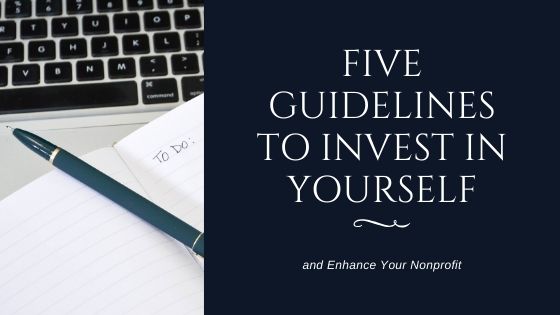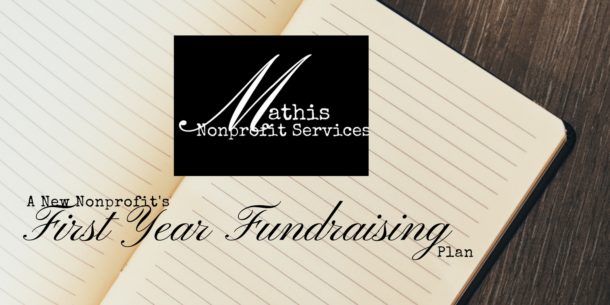If you are not investing in personal development, you may be limiting your true potential. Personal development affects your entire life, not just your work life or your personal life. It’s amazing how many people don’t try to improve themselves. These are the same people that wonder why they are not getting anywhere with their lives.
When I worked for a nonprofit, there never seemed to be enough time for professional development much less personal development. As I have learned through the years, not taking the time for personal and professional development keeps you spinning your wheels longer than you need to and prevents you from moving forward- personally and professionally.
Here are some guidelines I’ve learned:
Imagine How You Want to Shape Your Life
Without a vision, you won’t be able to determine what kind of life you want to live. You need to balance what kinds of changes you want professionally as well as personally. The two will ultimately overlap. If you imagine yourself being more helpful to others, this trait will become part of both. There may be certain aspects of your personal development that you believe are specific to personal life but may eventually carry over to your professional life. If you have wanted to increase your skills as a community leader, this could easily be incorporated into your professional career. The key is to identify and imagine what this new skill is going to look like.
Assess Your Current Situation
Before you make any changes in your life, determine where you stand with your life as it currently exists. Determine strengths and weaknesses to help you formulate a plan to make the necessary changes.
Set Goals
Once you know what your strengths and weaknesses are, create some goals to strive to complete. These should include high-level goals as well as action steps. Most important, set milestones with firm dates for these action steps.
Consider Alternatives
There can be valid reasons why certain actions or goals can’t be met. Instead of abandoning the entire personal development plan, come up with alternative steps. Be careful not to simply fall back on these steps because they are easier than the main goals.
Evaluate How You Are Doing
When you reach a milestone, see how you did against the plan of action steps. This is a crucial step, and it’s important to be realistic and truthful. The best way to handle this is to have someone else perform this for you. It may not be easy to hear, but the benefits will be well worth it.
Keep it Simple
If you add a bunch of unobtainable goals to your plan, you are likely setting yourself up for failure. This doesn’t mean you shouldn’t try to push yourself. It just means being realistic about your capabilities.
There are five guidelines I’ve learned for personal development. What would you add? Join the conversation in At the Top: Small Nonprofit Leaders.
If you would like some professional fundraising development, check out the Training and Mentoring tab on the website and sign up today. Training starts at $25 and mentoring is more affordable than you think!


 Most nonprofit leaders lay awake at night trying to figure out how to fund their mission.
Hi! I'm Alesha.
I teach sustainable fundraising in a way that they can take action today so they can serve their clients.
I can help you move from just getting started funding your new nonprofit to gaining confidence in your fundraising and building relationships to knowing what works for your organization and looking at the infinite game when it comes to funding. I’ve worked with nonprofit Founders and written the book I HAVE MY 501(C)3! NOW WHAT?!? Your Blueprint to Starting Your Nonprofit Without Being the Sole Funder that lays the foundations for funding in a new nonprofit.
I’ve worked in Development (Fundraising) Departments in large organizations and I know the no cost, low-cost methods they use to bring in funding. I bring those sound strategies to the nonprofits I serve.
Most nonprofit leaders lay awake at night trying to figure out how to fund their mission.
Hi! I'm Alesha.
I teach sustainable fundraising in a way that they can take action today so they can serve their clients.
I can help you move from just getting started funding your new nonprofit to gaining confidence in your fundraising and building relationships to knowing what works for your organization and looking at the infinite game when it comes to funding. I’ve worked with nonprofit Founders and written the book I HAVE MY 501(C)3! NOW WHAT?!? Your Blueprint to Starting Your Nonprofit Without Being the Sole Funder that lays the foundations for funding in a new nonprofit.
I’ve worked in Development (Fundraising) Departments in large organizations and I know the no cost, low-cost methods they use to bring in funding. I bring those sound strategies to the nonprofits I serve.